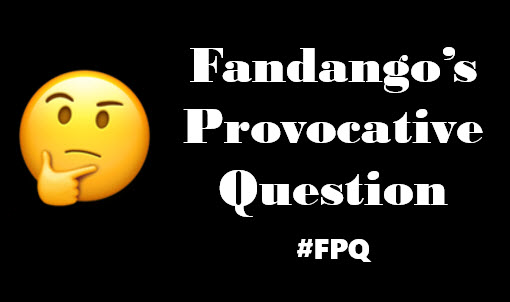
Am I worried that, in the Iowa caucus, the kickoff event for the 2024 presidential primaries, Trump won 51% of the votes, handily beating Florida Governor Ron DeSantis and former U.N. Ambassador Nikki Haley? Yes and no.
Iowa is largely a white and conservative state and is not entirely representative of the U.S. population. And the Iowa caucus hasn’t always gone on to be the best predictor of who will be the party’s nominee, even less so at predicting who will win the presidency. So there’s that.
The next contest is the New Hampshire primary on January 23rd, followed by four primaries and two caucuses in February. But the big day is March 5th, known as Super Tuesday, where 16 states, including my home state of California, are having primaries or caucuses.
By the way, in case you were wondering what the difference between a primary and a caucus is, here is your answer:
Most states hold primaries 6-9 months before a presidential election. Primary voters choose their preferred candidate anonymously by casting secret ballots, either in person or, in some states, by mail-in ballots. The state where the primary is held takes the results of the vote into account to award delegates to the winners.
Several states hold caucuses in the months leading up to a presidential election. Caucuses are in-person meetings run by political parties that are held at the county, district, or precinct level. Some caucuses choose candidates by secret ballot. Others require participants to divide themselves into groups according to the candidate they support. Undecided participants form their own group. Each candidate’s group gives speeches and tries to get others to join their group. At the end, the number of delegates given to each candidate is based on the number of caucus votes they received.
So even though the Iowa caucus is close to meaningless, I am worried that more than half of the Republican caucus voters in that state stood with Trump. In the first chance Americans had to cast judgment on Trump since he tried to overthrow an election by inciting a siege of the U.S. Capitol Building, and has been charged with 91 felonies in four criminal cases this past year, most Iowa Republicans made clear that they don’t judge Trump. They love him.
If this Svengali-like spell he has over Republican voters continues (or strengthens) through primary season, and if Trump doesn’t either get convicted and sent to jail or die between now and November 5th, I don’t see how he loses to Biden again. And then it’s all over but the shouting for democracy in America.



